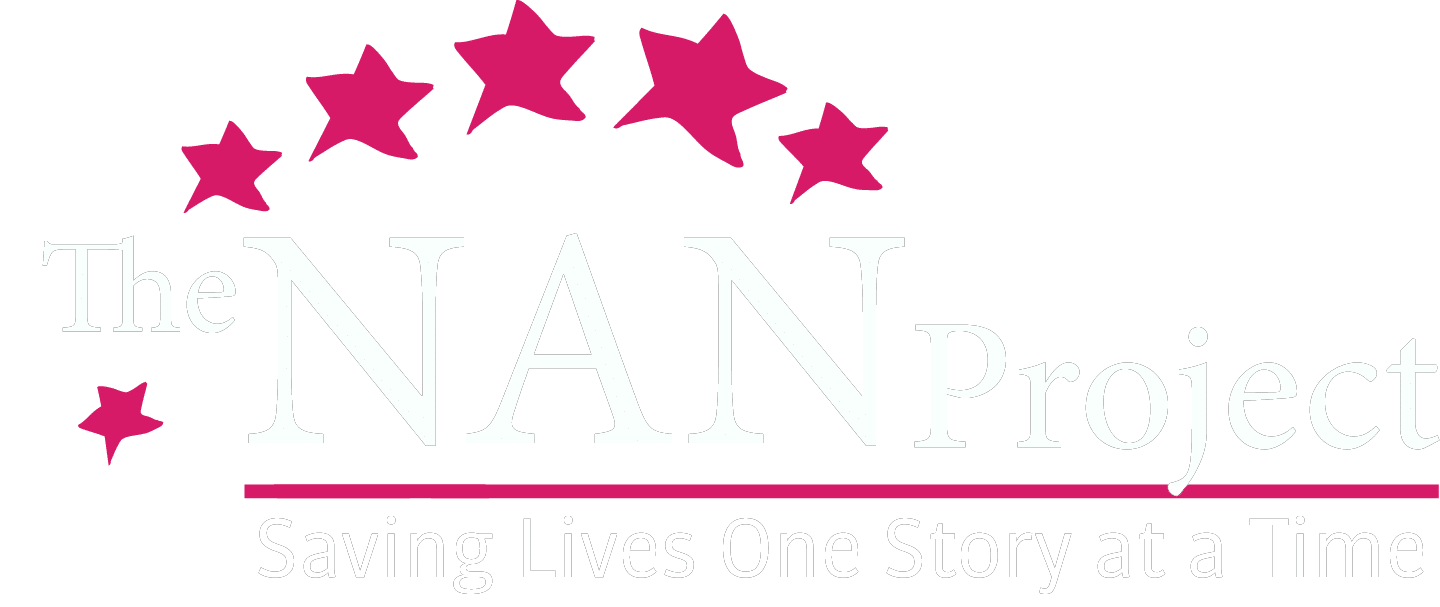News & Blogs
Who we are
Stay updated on everything going on with The NAN Project
First Peer Mentor Presentations of 2024-2025 School Year
Tabling at Fenway
Tabling at Montserrat’s Fresh Start Fair
YouthQuake Graduation
Youth Elemento’s 2nd Anniversary
Mental Health First Aid Training at Eliot FRC
Let’s Chalk About It in Haverhill
National Night Out in Somerville
Let’s Chalk About It in Everett
Summer Presentations with Malden MSYEP
